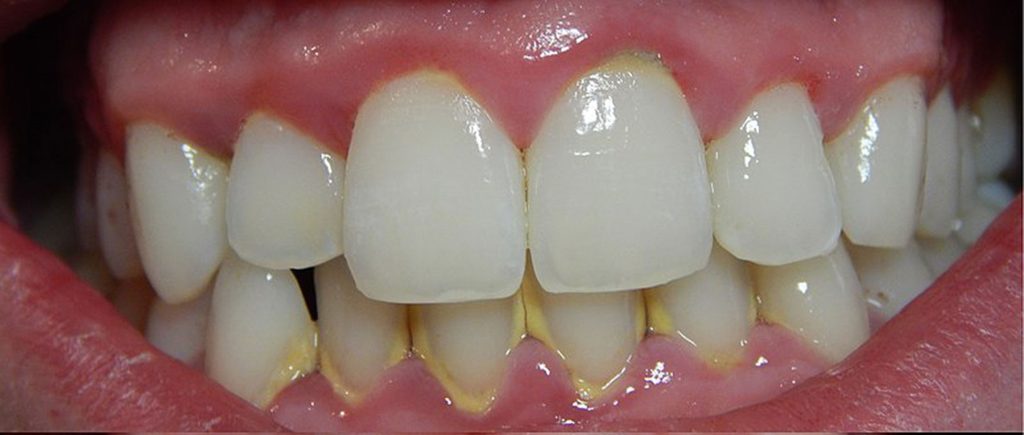Why Does My Nose Run When I Exercise
Why Does My Nose Run When I Exercise Have you ever wondered why running or engaging in intense physical activities can trigger a runny nose or allergy-like symptoms? This phenomenon is known as exercise-induced rhinitis, and while some aspects of it still warrant further investigation, the underlying causes are relatively well understood. In this article, we’ll explore the primary causes of exercise-induced rhinitis and offer insights on how to alleviate the discomfort associated with it.
Understanding the Body’s Response to Exercise
To comprehend exercise-induced rhinitis, it’s essential to grasp how your body reacts to physical activity, particularly cardio exercises, as they are more likely to induce congestion and post-nasal drip in individuals with this condition.
Your Heart:
Cardiovascular exercise, as the name suggests, elevates your heart rate. This increased heart rate is essential because your muscles and vital organs require more oxygenated blood during physical exertion. To meet this heightened demand, your heart pumps faster, ensuring a more efficient oxygen delivery to these vital areas. However, this process also results in an increased need for oxygen in your lungs.
Your Lungs:
During exercise, your body can demand up to 15 times more oxygen than at rest. Consequently, you’ll naturally start to breathe more rapidly to inhale as much oxygen as possible. Athletes often practice specific breathing techniques to maximize oxygen intake. It’s at this juncture that exercise-induced rhinitis comes into play.
Your Nose:
The increased blood flow to muscles and organs during exercise typically opens up nasal passages and reduces sinus pressure. Unfortunately, these changes can make it easier for allergens and irritants to enter your nasal passages without hindrance.
Read More : Why Do Exercise Needs Vary Between Individuals
Causes of Exercise-Induced Rhinitis
Exercise-induced rhinitis is most commonly observed in individuals with pre-existing allergies. These allergies may be so mild that they go unnoticed during everyday activities, but exercise can amplify their effects. When you breathe in up to 15 times more oxygen, you also inhale a more significant quantity of potential allergens than you would under normal circumstances. This condition can also affect non-allergic individuals if they inhale a greater amount of irritants that directly affect their sensitive nasal passages.
Why Does Running Make My Nose Run?
The good news is that there’s a straightforward way to determine whether you’re reacting to an allergen or irritant. Many exercise-induced rhinitis patients experience symptoms predominantly when exercising outdoors. By comparing your experiences when exercising indoors or in different environments, you can gain insight into the potential causes of your symptoms. Once you’ve identified potential triggers, it’s advisable to consult a physician specializing in allergies.
Read More : How Much Does The Exercise Coach Cost Per Month
Treatment for Exercise-Induced Rhinitis
Your initial consultation with an allergy specialist will involve answering various questions about your symptoms, their occurrence, and their triggers. To facilitate this step, consider documenting your symptoms, their location, the activities you were engaged in when they occurred, and their frequency.
Subsequently, if allergies are suspected, you’ll proceed to allergy testing. Once the results are available, your doctor will have a comprehensive view of the specific allergens affecting you. This insight will enable your doctor to develop a personalized plan to help you exercise more comfortably. Among the options you and your physician may explore are immunotherapy and nasal sprays.




